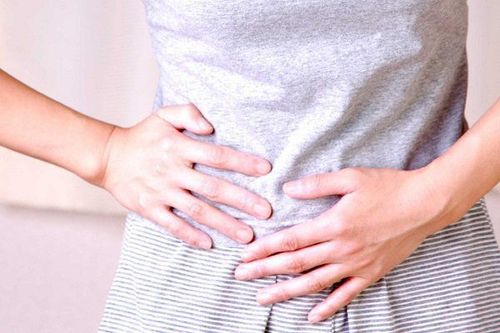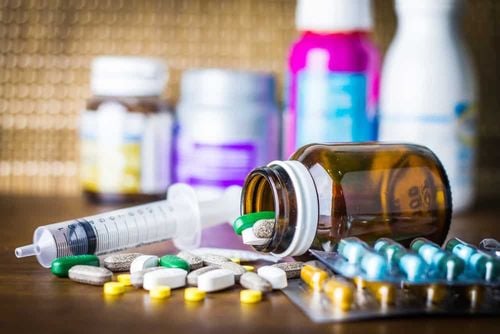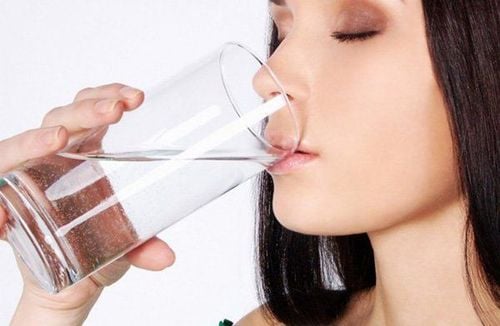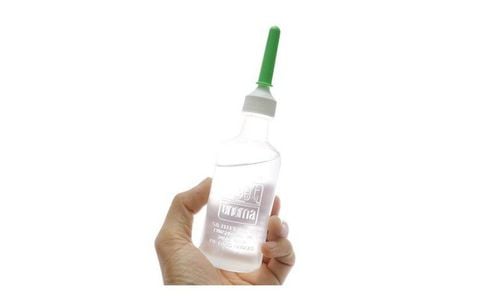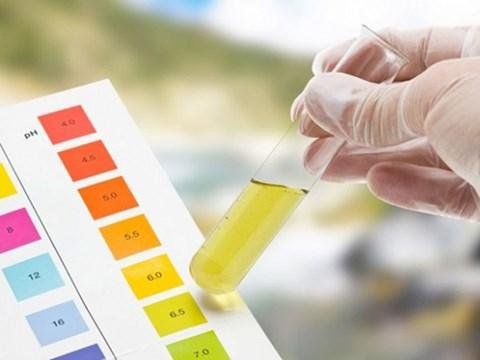This is an automatically translated article.
The article was professionally consulted by Specialist Doctor I Nguyen Hong Phuc - Emergency Resuscitation Doctor, Emergency Resuscitation Department - Vinmec Phu Quoc International General Hospital. The doctor has nearly 20 years of experience in Emergency Resuscitation.Water makes up most of the body's weight, is necessary for health, and is involved in many important functions. The roles of water in the human body include removing waste, regulating body temperature and helping the brain function.
1. Body temperature regulation
The proportion of water in the human body plays a very important role in maintaining body temperature. The body loses water through sweat during physical activity and in hot environments.Sweat helps cool the body but body temperature will increase if you do not replenish the lost water. When dehydrated, the body also loses electrolytes and plasma. If you're sweating more than usual, make sure to drink plenty of water to rehydrate.
2. Waste excretion
The body uses water to sweat, urinate and defecate, specifically:Sweat helps regulate body temperature when you exercise or in hot temperatures; You need enough water in the human body to form stools and avoid constipation; The kidneys play a major role in filtering waste through urination. Drinking enough water will help the kidneys work more efficiently, and at the same time prevent kidney stones.
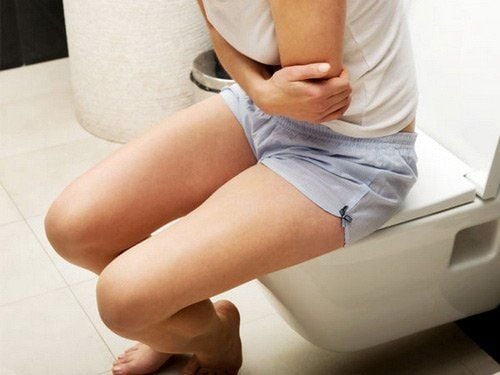
3. Maximize physical performance
3.1. Increase energy, strength and endurance
Drinking plenty of water during physical activity is essential. On average, an athlete will lose up to 6 -10% of their body weight through perspiration during exercise. People participating in endurance training or high-intensity sports, such as basketball, are more susceptible to dehydration.Staying hydrated will impact your strength and stamina. Exercising in the heat without drinking enough water can lead to serious medical conditions, such as low blood pressure and increased body temperature. Dehydration can also cause convulsions and even death.
Activation of metabolism is also an effect of water in the body, which positively affects energy levels. One study in both men and women showed that drinking 500ml of water increased metabolic rate by 30%, lasting for more than an hour.
3.2. Protects tissues, spinal cord and joints
Another role of water in the body is to help lubricate and support the joints, spinal cord and body tissues. This keeps you comfortable with physical activity and reduces the discomfort caused by arthritis.
3.3. Improve blood oxygen circulation
Water in the human body carries nutrients and oxygen to the entire organ. Drinking enough water on a daily basis will improve circulation and have a positive impact on overall health.4. Supports the digestive system
4.1. Produce saliva
Apart from small amounts of electrolytes, mucus and enzymes, water in the human body is the main component of saliva. Saliva is essential for breaking down solid food and keeping the oral cavity healthy.Normally, the body will produce saliva thanks to regular fluid intake. However, saliva production can decrease due to age or certain medications and treatments.
If you find your mouth is drier than usual, and even increasing your water intake doesn't help, see your doctor.
4.2. Promotes digestion
Contrary to some old beliefs, experts confirm that drinking water before, during and after meals helps the body break down food more easily. This will enhance digestion and help the body make the most of the nutrients from the meal. Research shows that the stomach will adapt to many food ingredients, whether solid or liquid.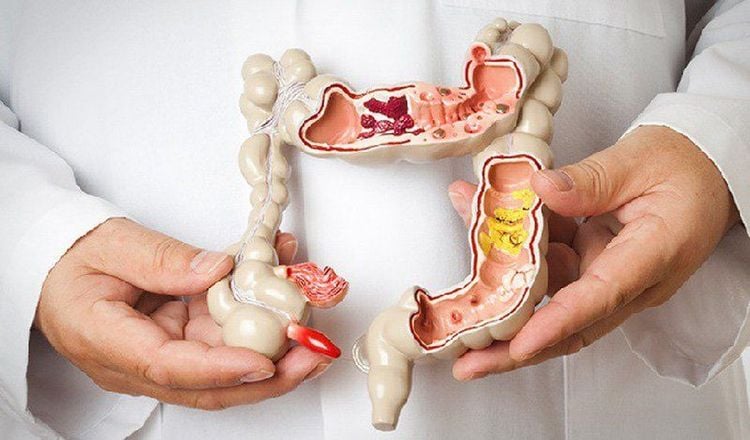
4.3. Prevent constipation
Eating more fiber is not the only way to prevent constipation. Maintaining water levels in the human body is also important to promote bowel movements. If you don't consume enough water, magnesium, and fiber, you'll be more prone to constipation. If you're already constipated, adding fizzy drinks and plain water can help ease symptoms.4.4. Absorb nutrients
In addition to the effect of breaking down food, the effect of water in the body also dissolves vitamins and minerals, and other nutrients from food. Then, the water transports the nutrients around for the body to use.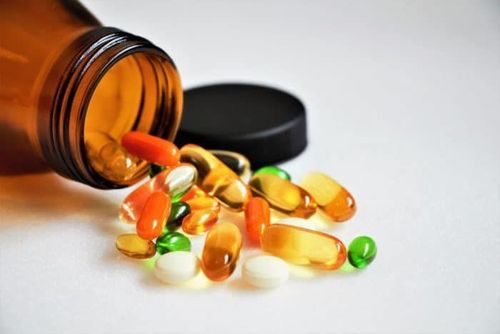
5. Helps fight disease
The effects of water in the body also help prevent a number of medical conditions, including:Constipation; Kidney stones; Asthma caused by exercise; Urinary tract infections ; Hypertension . Water also helps absorb important vitamins, minerals, and nutrients from food, which in turn increases a healthy quality of life.
Since the function and role of water in the body is so important, dehydration - the result of the body not drinking enough water, can be very dangerous. Severe dehydration can lead to a number of dangerous complications, such as:
Brain swelling; CKD ; Convulsions. Therefore, make sure you drink enough water to make up for the loss through sweat and urination.
6. Supports brain function
Drinking enough water is key for the brain to function properly. Research indicates that not having enough water in the human body can negatively impact concentration, alertness and short-term memory.Not drinking enough water also affects mood, leading to fatigue, confusion and anxiety.
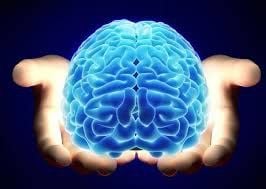
7. Beauty uses
7.1. Keep skin bright
Drinking enough water will keep your skin hydrated and can promote collagen production. However, simply drinking water is not enough to reduce the effects of aging. The aging process is also related to genes and daily sun protection habits.7.2. Help lose weight
Studies in overweight women have shown a link between body fat and water. Drinking more water, combined with diet and exercise, can make it easier to lose weight.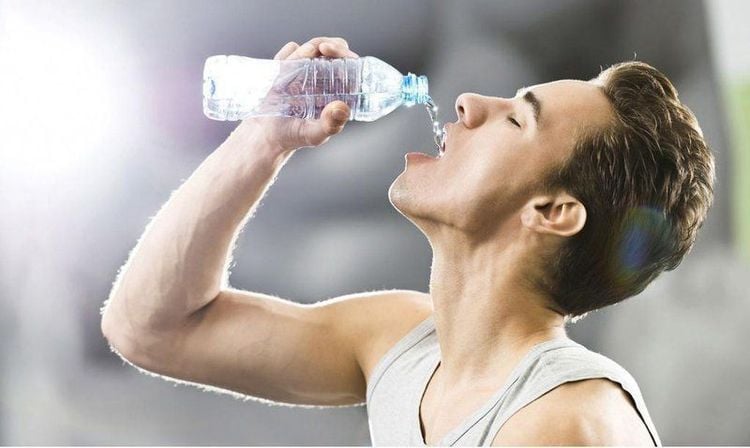
8. How much water should I drink per day?
Paying attention to how much water you drink each day is important for optimal health. Most people only drink water when they feel thirsty, but the actual amount of water (from all beverages and foods) to drink is:About 15.5 cups (3.7 liters) of water per day in men; About 11.5 cups (2.7 liters) per day in women. People get about 20% of their daily fluid intake from food, with the remainder from beverages. So, ideally, men should consume about 100 ounces (3.0 liters) of water and women about 73 ounces (2.12 liters) of water from beverages. You'll need to increase your fluid intake if you exercise or live in a hot area to avoid dehydration.
Other ways to assess the proportion of water in the body is enough or not include:
Feeling thirsty: Indicates that the body is not sufficiently hydrated; Dark urine : Indicates dehydration; Pale or colorless urine: Usually indicates the proper proportion of water in the human body. The role of water in the body is very important for most functions of organs and parts. Drinking the recommended amount of water each day will help you maintain normal activity and even improve your overall health. Carry a water bottle with you wherever you go. Set a goal to drink water every day, reach half your water intake by midday, and always complete your water goal about an hour before bed.
Please dial HOTLINE for more information or register for an appointment HERE. Download MyVinmec app to make appointments faster and to manage your bookings easily.
References: mayoclinic.org, healthline.com




